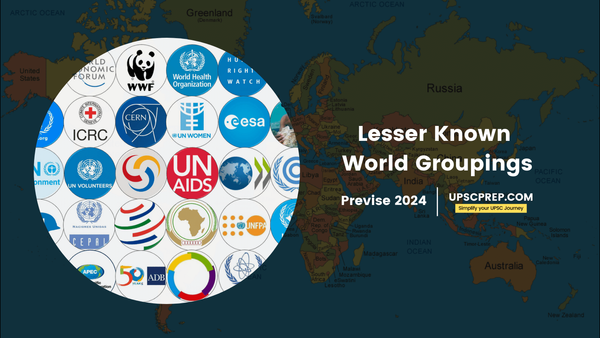Table of contents
The news landscape is often dominated by established players, but sometimes lesser-known groupings capture our attention. Whether political, social, or environmental, these groups can play a crucial role in shaping current events.
This section explores some of the lesser-known groupings making headlines.
Cairns Group

- The Cairns Group is an interest group involving 19 agriculture-exporting countries.
- Its objective is to abolish trade-distorting ("amber box") support for agricultural products and export subsidies.
- It includes members like Argentina, Australia, Brazil, Canada, Chile, Colombia, Costa Rica, Guatemala, Indonesia, Malaysia, New Zealand, Pakistan, Paraguay, Peru, the Philippines, South Africa, Thailand, Ukraine, Uruguay, and Vietnam.
- The group claims that India’s public stockholding programme is highly subsidized and the farm support is “distorting” global food prices and food security.
- It aims at dismantling India’s MSP scheme or reducing its scope.
NB8 Group

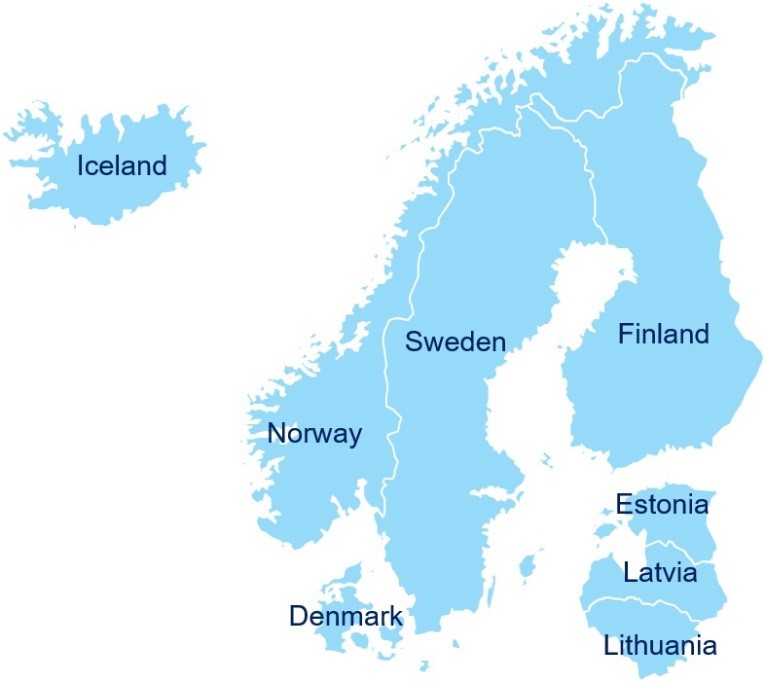
- NB8 is a regional cooperation group with five Nordic and three Baltic countries.
- It was called NB8 or Nordic-Baltic Eight in 2000.
- The members include Finland, Sweden, Norway, Iceland, Denmark, Estonia, Latvia and Lithuania.
- Nordic-Baltic cooperation with India includes fields such as innovation, health, intellectual property rights, tourism, green transition, maritime, space cooperation, and artificial intelligence.
Vulnerable Twenty (V20) Group
- V20 Group was established in 2015 in Lima, Peru, during the annual meetings of the World Bank Group and the International Monetary Fund.
- Its formation originated from the Climate Vulnerable Forum’s Costa Rica Action Plan (2013-2015) to strengthen economic and financial responses to climate change.
- It seeks to promote climate resilience and low-emission development to address economic and financial issues.
- The members are Afghanistan, Bangladesh, Barbados, Bhutan, Costa Rica, East Timor, Ethiopia, Ghana, Kenya, Kiribati, Madagascar, the Maldives, Nepal, the Philippines, Rwanda, Saint Lucia, Tanzania, Tuvalu, Vanuatu and Vietnam.

Chip 4 or Fab 4 Alliance
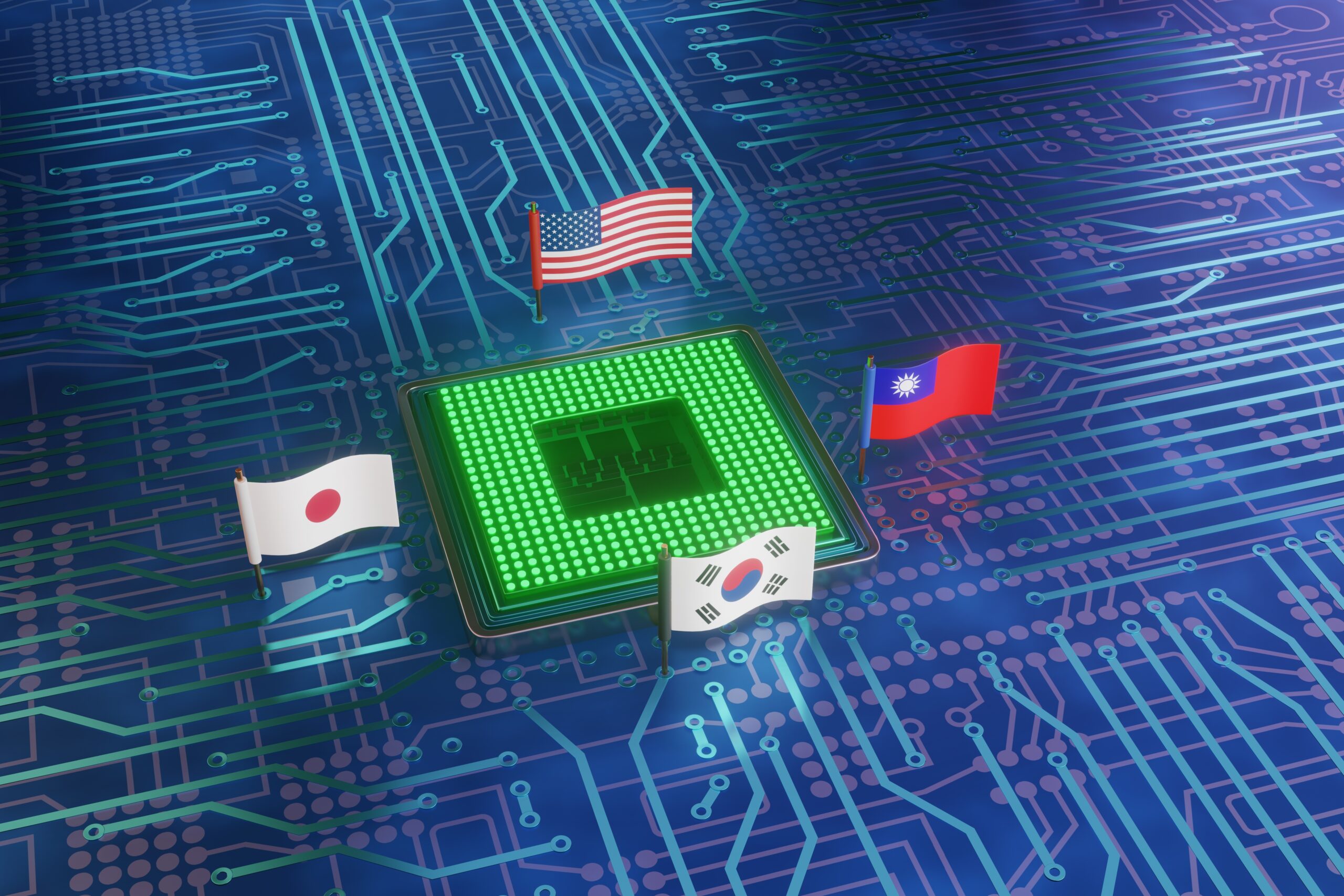
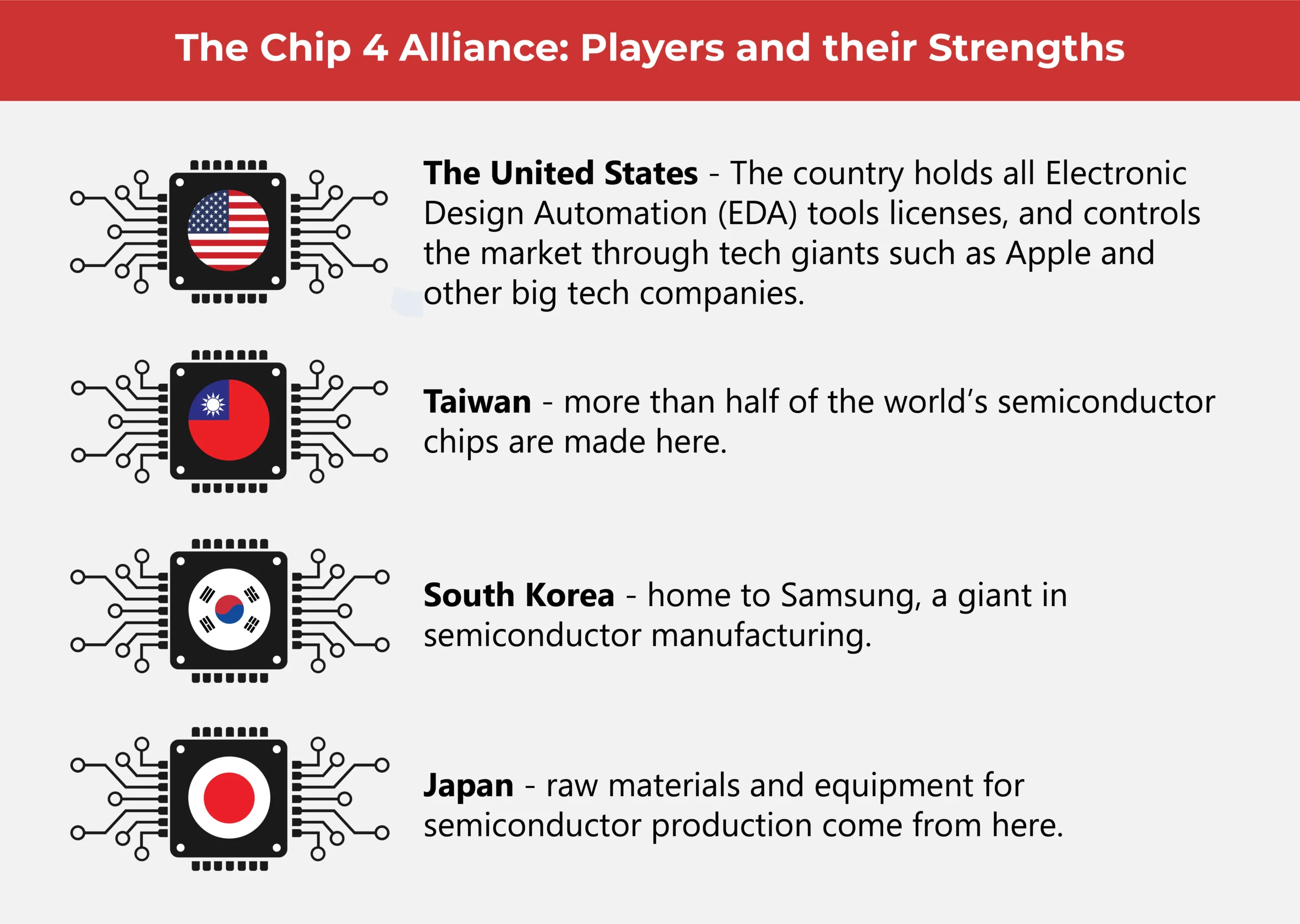
- The Chip 4 group includes the U.S., Japan, Taiwan, and South Korea, the world's top semiconductor producers.
- This group represents more than 70% of the global semiconductor industry by value.
- The objective is to enhance the "security" and "resilience" of semiconductor supply chains and reduce reliance on chips made in China.
- It also aims at supporting industry efforts to diversify their manufacturing base and protection of the Intellectual Property of companies.
ECOWAS
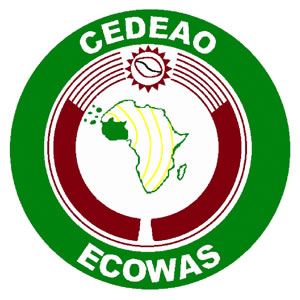
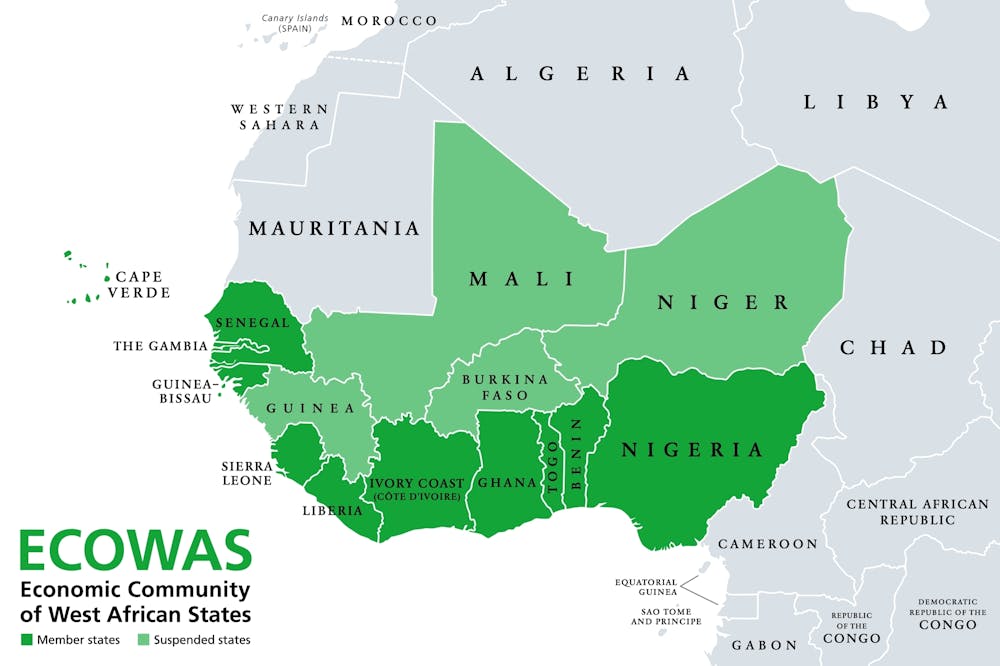
- ECOWAS, or the Economic Community of West African States, is a regional grouping that promotes economic integration in the West African sub-region.
- It was formed in 1975 by 15 West African countries in Lagos, Nigeria, and has its headquarters in Abuja, Nigeria.
- ECOWAS established its free trade area in 1990 and adopted a common external tariff in 2015.
- The group developed a peacekeeping force for conflicts in the region, which was helpful during the civil war in Liberia in 1990 and the overthrow of a democratically elected government in Sierra Leone in 1997.
Bucharest Nine


- Bucharest Nine includes nine Eastern European countries that have also been part of NATO since the end of the Cold War.
- Founded in 2015, the group is also referred to as “countries on NATO’s eastern flank”.
- The members in B9 include Romania, Poland, Hungary, Bulgaria, the Czech Republic, Slovakia, Estonia, Latvia and Lithuania and all are part of the European Union and North Atlantic Treaty Organisation..
- Romania, Poland, Hungary and Bulgaria are former members of the Warsaw Pact while Estonia, Latvia and Lithuania were part of the former USSR.
Cotton Four (C4)


- Burkina Faso, Benin, Chad and Mali are known as the Cotton Four or C4 group.
- It was formed to discuss trade reforms needed to address cotton subsidies and high trade barriers.
- These four countries are the African continent's leading cotton producers and exporters.
- Togo recently joined the grouping for a new stage and is now called Cotton-4 Plus and Togo.
Minerals Security Partnership

- Minerals Security Partnership is a US-led partnership to protect supply chains of critical minerals and reduce dependency on China.
- Critical minerals have high economic vulnerability and high global supply chain risk.
- There are 14 members including the UK, Australia, France, India, Germany and the European Union.
